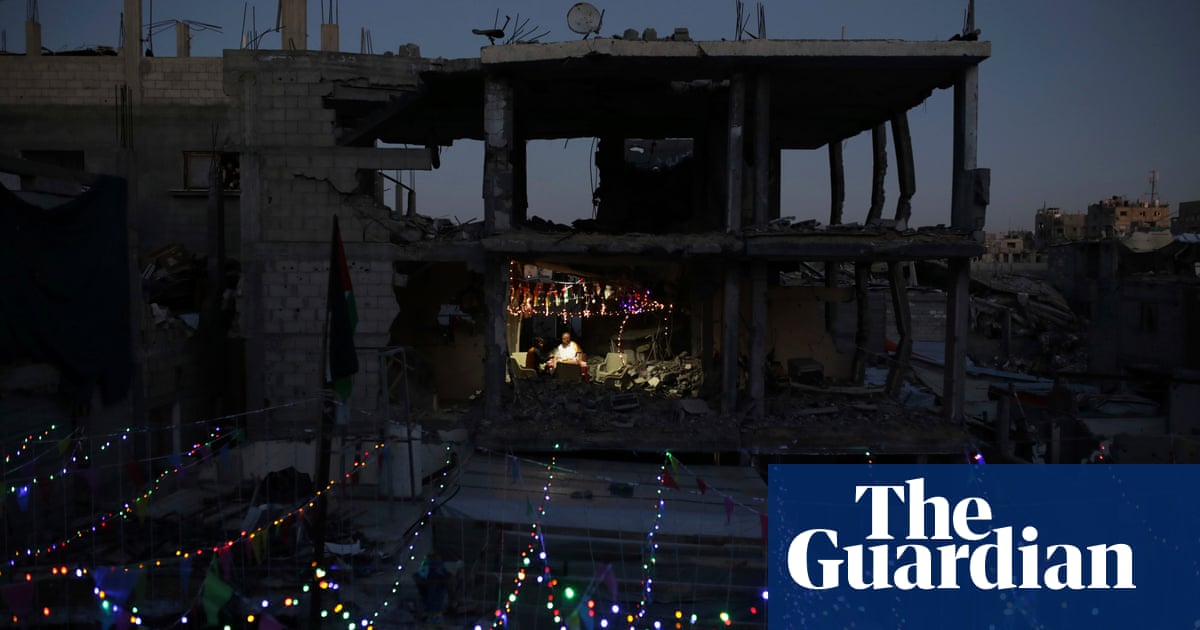Ceasefire Talks Between Israel and Hamas Stall as Phase One Ends
Negotiations for the second phase of the ceasefire have not progressed, with Hamas rejecting Israel's proposal for an extension of the current agreement.
Overview
As the first phase of the ceasefire expires, negotiations for a second phase have stalled. Hamas rejected Israel's proposal to extend the ceasefire, citing unacceptable terms, while Israel insists negotiations should continue. The conflict has resulted in catastrophic humanitarian conditions in Gaza, and international mediators are pressing for a resolution. With the Muslim holy month of Ramadan beginning, concerns about the situation in Gaza intensify amid fears of escalating violence without a clear path forward from the current ceasefire agreement.
Content generated by AI—learn more or report issue.

Get both sides in 5 minutes with our daily newsletter.
Analysis
- The ceasefire talks between Israel and Hamas have made no progress, with both sides accusing each other of procrastination in moving to the second phase, which is critical for ending the war and facilitating humanitarian aid.
- Hamas has rejected Israel's proposal to extend the first phase of the ceasefire, emphasizing their commitment to the originally agreed terms and urging international pressure on Israel to commence the next phase of negotiations.
- While humanitarian access has improved slightly during the ceasefire, significant challenges remain, including the urgent need for adequate aid and the devastation faced by civilians in Gaza as Ramadan begins.
Articles (4)
Center (2)
FAQ
Hamas rejected the proposal because it believes extending the first phase without moving to the second phase goes against the truce agreement. Hamas demands comprehensive talks for a permanent ceasefire, which includes an Israeli withdrawal from Gaza and the release of remaining hostages.
The humanitarian conditions in Gaza are catastrophic, with over 48,000 Palestinians killed and much of the territory's infrastructure destroyed. However, the ceasefire has allowed for some humanitarian aid delivery and restoration of basic services.
International mediators, including officials from Egypt, Qatar, the United States, and others, are actively involved in facilitating negotiations between Israel and Hamas. They are pressing for a resolution to alleviate the humanitarian crisis and prevent further violence.
The start of Ramadan intensifies concerns about the situation in Gaza, as it is a sensitive period that could exacerbate tensions if violence escalates. There are efforts to maintain the ceasefire during this time to avoid further conflict.
History
- This story does not have any previous versions.


